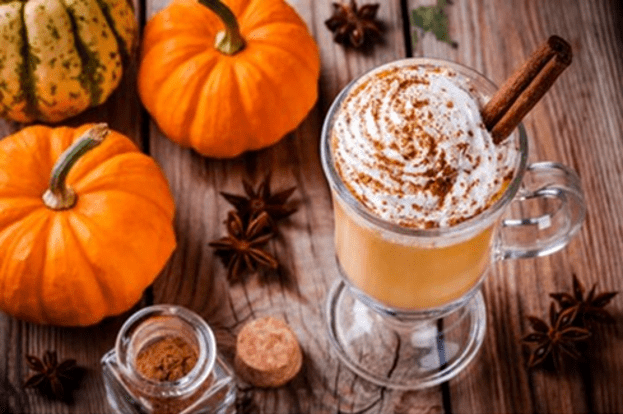The iconic pumpkin spice latte has returned, which for many across the UK signals the beginning of autumn. But new research reveals the beloved drink could die out for future generations.
Google searches for ‘Pumpkin spice’ throughout September have so far topped 44k with an increase of 637% from August.
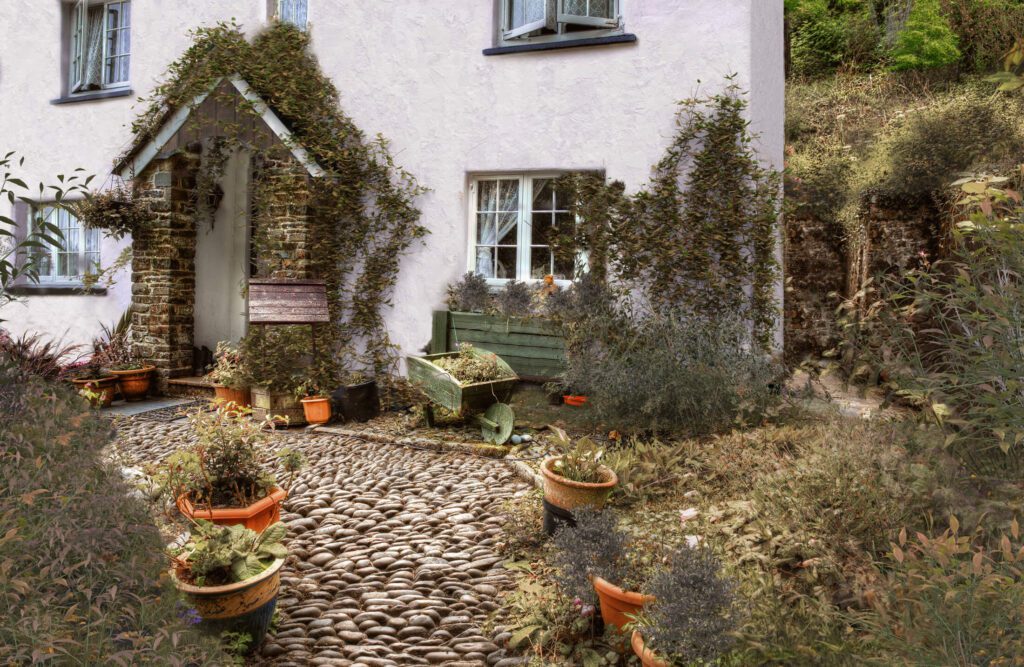
Pumpkin spice is made up of four primary ingredients, cinnamon, nutmeg, cloves, and ginger all blended together. However, an expert has revealed that without the pollination from bees, all these spices bar ginger would cease to exist.
And that’s not all. The pumpkin itself, the symbol of Halloween and autumn, would also cease to exist if not for the bees.
Here is the shocking reality of what your garden would look like if bees didn’t exist
New pictures show what the future holds for wildflowers, our vegetable patches and the ecosystems of our ponds if bees were to go extinct tomorrow
- Bees rely on a wildflower-rich habitat to thrive, but since the late 1930’s we have lost 97% of our wildflowers – an area that is roughly 1.5 times the size of Wales.
- A declining bee population would seriously impact human nutrition levels. With no bees there to promote growth through pollination we would eventually lose foods such as fruits and vegetables and would have to rely on grains.
One of the most important topics of conversation today is sustainability and the current strain placed on our environment. One key focus when it comes to our gardens, is the welfare and conservation of our nation’s hardest workers – bees.
Humans rely on bees for a lot more than you think. Without them, industries would collapse, the environment would suffer, and human nutrition levels would plummet. And the actions of humans that have been contributing to their demise.
With the help of CGI and a bee expert, Toolstation has revealed what the future holds for our gardens, farms, and other popular landscapes if we don’t change our habits and drive bees to extinction or unnatural migration.
You can view the full piece here: https://www.toolstation.com/content/a-world-without-bees
Expert explains why bees are in decline?
Toolstation spoke to Paul Hetherington, director of the charity Bugs Life, and he disclosed the reasons behind the decline in the UK’s bee population.
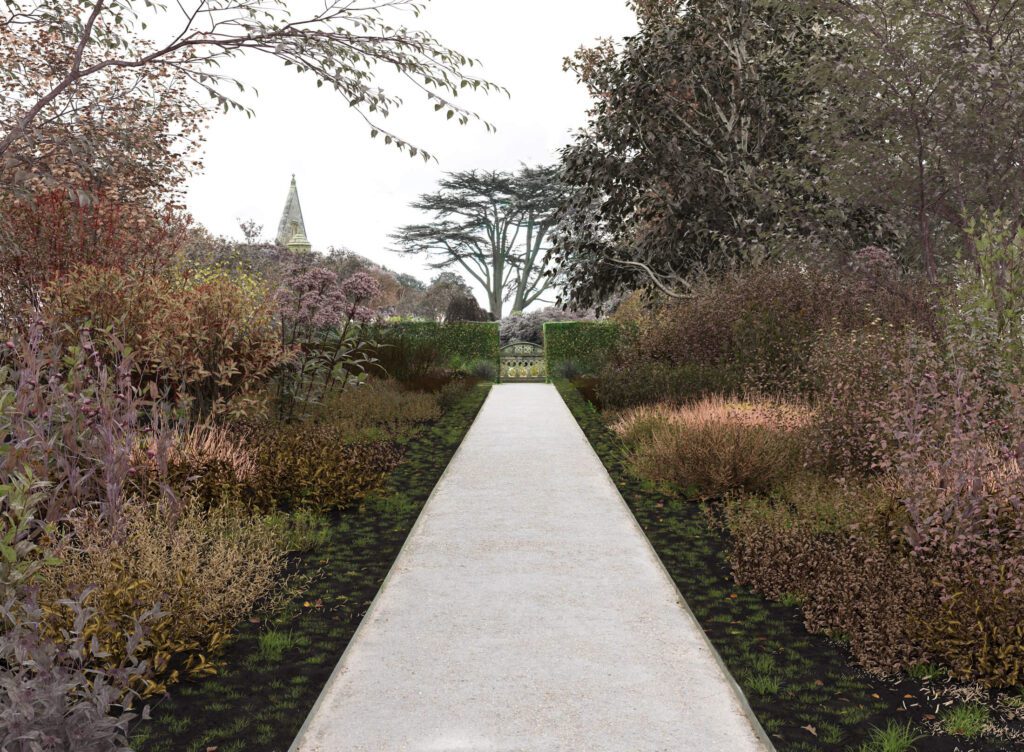
1. Loss of habitat- “Loss of habitat since the late 1930’s we have lost 97% of our wildflower-rich habitat and area roughly 1.5 times the size of Wales. Habitat has been lost due to farming practices, urbanisation, and infrastructure.
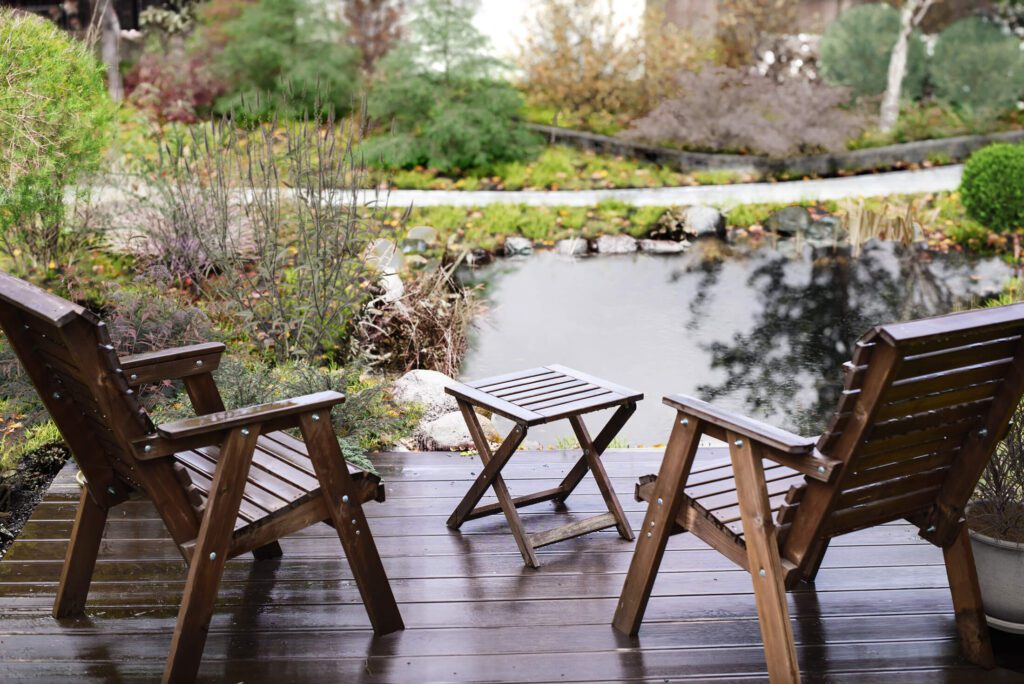
2. Climate change- “Bumblebees prefer a milder climate and naturally try to move north to escape rising temperatures. Normally Bumble Bees hibernate during the winter, but there is now evidence of active bees and nests in December – a time when there is little food for the bees to forage. This could lead to the collapse of the bees’ whole colony.”
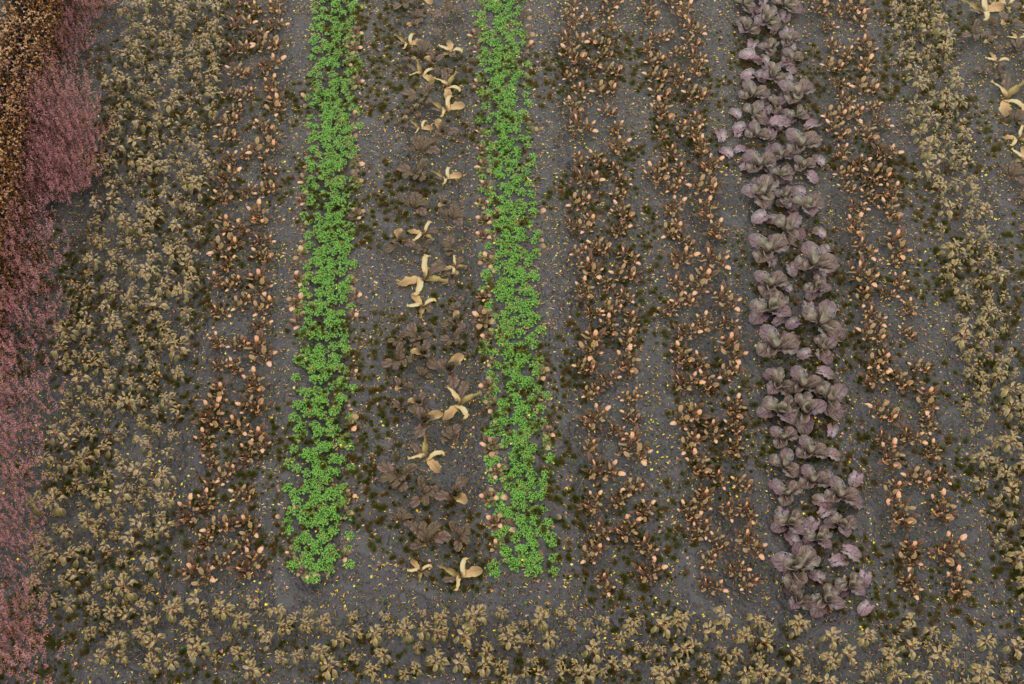
3. Non-native invasive species and diseases “Many non-native species have now become established in the UK some of these are benign, but others may bring diseases that impact on our bees or even be new predators such as the Asian hornet.”
We rely on farming and crops for a large proportion of our food supply. Without bees promoting pollination and helping the growth of fruit and vegetables, many of them would die out and our own nutrition levels would plummet.
Our diet would be reduced to grains, as foods like potatoes, carrots, peas, beans, tomatoes, cucumbers, pumpkins, garlic, apples, pears, raspberries and even sugar would eventually die out.
While some fruit like strawberries would still be able to grow, they would be smaller and less tasty. Food would be bland, limited and the farming industry would eventually collapse.
Other foods that would die out include: jerusalem artichokes, marrows, plums, currants, blueberries, aubergine, cranberries, peas, brazil nuts, sloe berries, hawthorn berries, horse chestnuts, broad beans, green beans, clover, squashes, melon, sprouts, beetroot, cabbage, mustard, cauliflower, and broccoli.
Even your little herb garden would suffer with herbs like coriander, parsley, dill, and fennel dying out without the crucial pollination from bees.
Mint would still be available as they can spread via roots, as well as those with hardwood since they can grow via propagation. But other herbs we would lose include borage, lovage, angelica, chervil and sweet cicely.
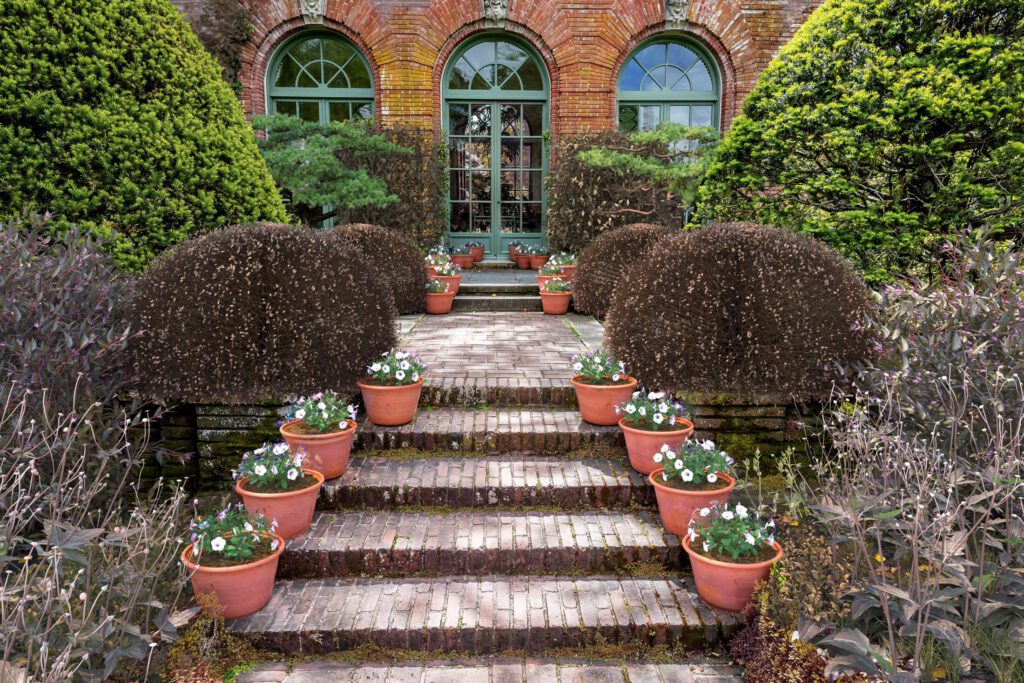
What can we do to prevent the demise of bees?
There are plenty of small changes we can make to encourage bees to thrive in our environment and maintain our all-important life cycle. In your own garden or balcony you could:
- Nectar and pollen-rich plants are critical to support our pollinators. Try planting more wildflowers and bee-friendly plants like lavender and honeysuckle to give bees the best possible habitat.
- The unkept lawn look isn’t for everyone, but even keeping a small patch of un-mowed lawn will go a long way to encourage more critters to call your garden home.
- Try using less destructive chemicals in your garden where you can and always avoid spraying open flowers since this can harm any pollinators that may land on them.
- Keeping on top of watering your plants and even building insect hotels and leaving some water out for bees to have a little pitstop.
A spokesperson at Toolstation comments: “We’re all trying to do our bit to help the environment and when it comes to bees, there is a range of things you can do to help protect whole colonies from demise.
“We would recommend creating nest sites or small bee hotels in your garden for wild bees. These can be DIY’d from taking a small wooden box and sawing open one side for them to enter. Fill this side with any leftover small blocks of wood from your recent DIY jobs- drilling small holes in each small block of wood. Then create a sloping roof that looks just like the roof on your home for rain protection. Bees love the sun, so attach it to a sunny fence or wall in your garden and you have the perfect bee hotel!”
You can find out more about how you can protect bees in your garden here: https://www.toolstation.com/content/a-world-without-bees
Help keep news FREE for our readers
Supporting your local community newspaper/online news outlet is crucial now more than ever. If you believe in independent journalism, then consider making a valuable contribution by making a one-time or monthly donation. We operate in rural areas where providing unbiased news can be challenging. Read More About Supporting The West Wales Chronicle





















